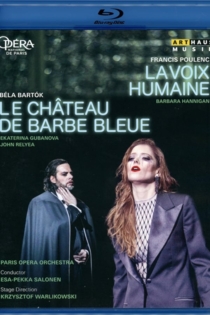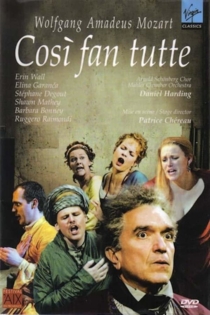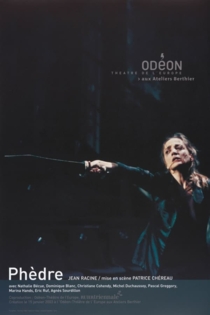
Stéphane Metge
2021Patrice Chéreau, Pascal Greggory, une autre solitude
Stéphane Metge
Patrice Chéreau, Pascal Greggory
A look at the entire process of creating and developing Patrice Chéreau’s third staging of "In the Solitude of Cotton Fields" by Bernard Marie Koltès with Pascal Greggory and Chéreau himself. From the first reading around the table through the first contact with the performance space, rehearsals and lighting to opening night, the entire creative process unfurls in front of our eyes. The film shows us the evolving and ongoing dialogue between Greggory and Chéreau, a dialogue full of crises and magical moments of harmony and insight via which the truth, intensity, complexity, mystery and depth of Koltès’ text gradually emerge to form an implicit bond between these two men. The film also shows Chéreau directing rehearsals for Mozart’s "Don Giovanni" in Salzburg, revealing both the unity of and profound differences between his opera and theater work.
Patrice Chéreau, Pascal Greggory, une autre solitude

From the House of the Dead
Stéphane Metge
Pierre Boulez, Olaf Bär
Set in a Siberian prison camp, Janacek's final opera centers on the experiences of recent arrival Alexandre Petrovitch Goriantchikov (Olaf Bar), a nobleman who finds relief from the harsh conditions in the friendship of the illiterate Alyeya (Eric Stoklossa). Recorded at the Grand Theatre de Provence, this stage production is directed by the well-respected Patrice Chereau and features famed conductor Pierre Boulez. Filmed at the Aix-en-Provence Festival on 20 July 2007.
From the House of the Dead
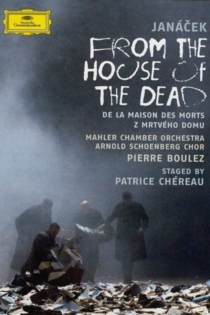
Patrice Chéreau, le corps au travail
Stéphane Metge
Patrice Chéreau, Daniel Emilfork
In this documentary, Stéphane Metge, friend and collaborator of Patrice Chéreau, offers a portrait of the artist through archives of his plays, films, and interviews.
Patrice Chéreau, the body at work
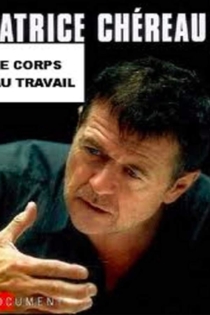
Poulenc: La Voix Humaine - Bartók: Le Château de Barbe-Bleue
Stéphane Metge, Stéphane Lissner
John Relyea, Ekaterina Gubanova
Running through Bartók’s disenchanted tale, whose haunting music was initially condemned as unplayable, and the expression of despair in Poulenc’s monologue, the director Krzysztof Warlikowski perceives a shared dramatic thread, a shared feminine consciousness and a shared sense of imprisonment and suffocation: for the woman who penetrates the confines of Bluebeard’s castle and Elle, the woman who clings to a telephone conversation with a man as the only thing worth living for, are condemned to share the same fate. And this man she speaks to, does he really exist? Unless the director has interpreted Cocteau’s words to the letter and the telephone has become a “terrifying weapon that leaves no trace, makes no noise”…
Poulenc's The Human Voice / Bartók's Bluebeard's Castle
